Arts And Science Research
-

Newly discovered molecule disrupts virus infections through protein quality control pathways
Molecule 147 neutralizes 95 percent of Dengue and Zika viruses, a promising direction for host-directed treatments and combination therapy. Read MoreJan 26, 2021
-
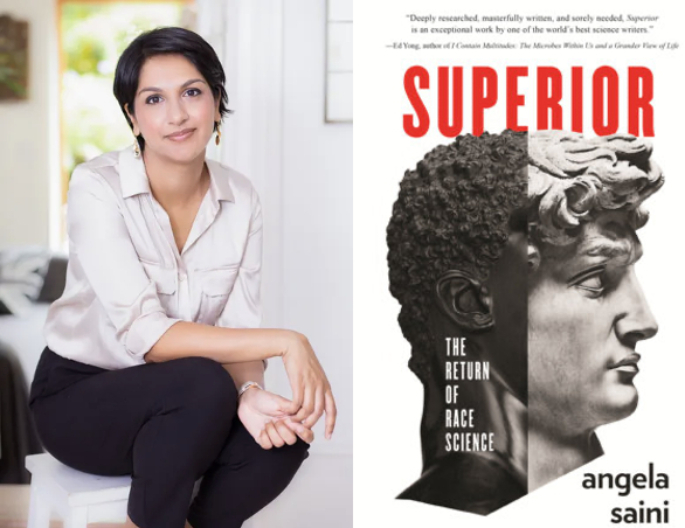
Noted science journalist Angela Saini to discuss her book ‘Superior: The Return of Race Science’ on Jan. 13
The Vanderbilt Evolutionary Studies Initiative will host award-winning British science journalist and author Angela Saini for a virtual discussion of her best-selling book, "Superior: The Return of Race Science," on Wednesday, Jan. 13, at 3:10 p.m. CT. Read MoreJan 7, 2021
-
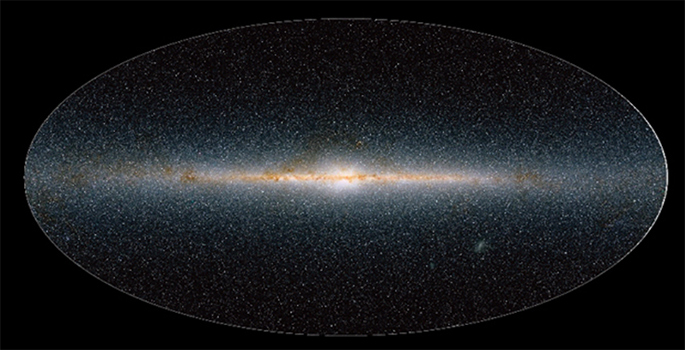
Digital Sky Survey maps the entire sky, providing new data to Vanderbilt astronomers
Through a partnership with the Sloan Digital Sky Survey, Vanderbilt astronomers use big data to see the cosmos as a stop-motion movie instead of a snapshot. Read MoreJan 4, 2021
-
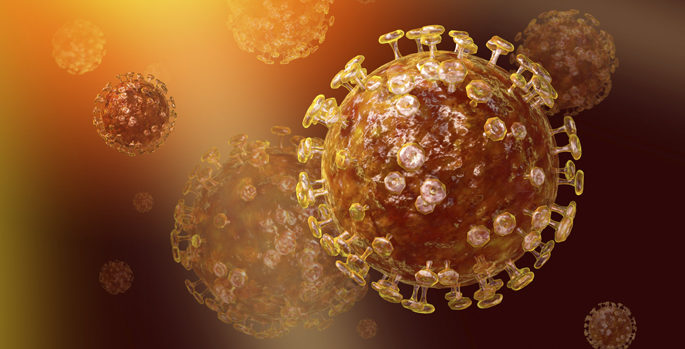
To understand how SARS-CoV-2 replicates, Vanderbilt scientists look at host cell-virus interactions
Understanding the function of host cells when infected with SARS-CoV-2 may lead to host-directed antiviral therapeutics. Read MoreDec 7, 2020
-

U.S. public opinion on refugee admission is more favorable than current immigration policy
Americans may be much more receptive to refugee settlement in the United States than current government immigration policies suggest, according to a new study by Mariano Sana, associate professor of sociology and a faculty affiliate of Vanderbilt’s influential Latin American Public Opinion Project. Read MoreNov 24, 2020
-
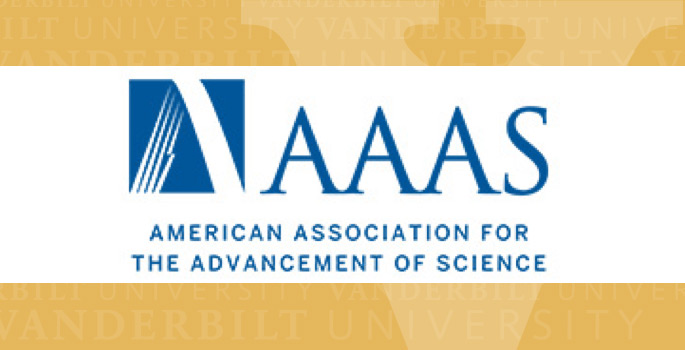
Six Vanderbilt faculty elected as AAAS fellows in 2020
Six Vanderbilt University faculty members have been elected 2020 fellows of the American Association for the Advancement of Science, an honor bestowed upon AAAS members by their peers. Read MoreNov 24, 2020
-
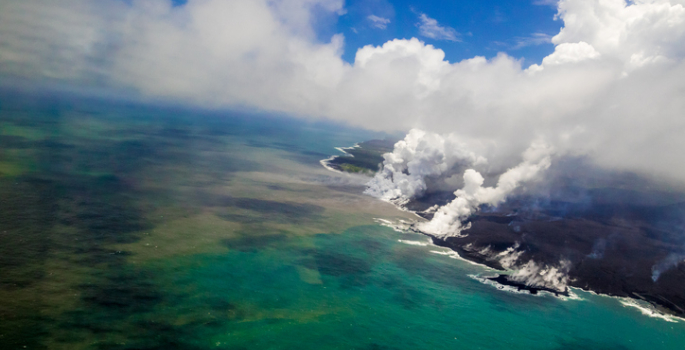
NASA-funded project uses images from space to study underwater volcanoes
Interdisciplinary Earth scientists explore how little-understood underwater volcanoes affect the atmosphere. Read MoreNov 18, 2020
-

Vanderbilt researcher wins NSF grant to decipher civil conflict with code
With a statistical network to model civil conflict, political scientist Cassy Dorff applies a data-based lens to understanding war and peace. Read MoreNov 16, 2020
-

NIH grant supports Vanderbilt effort to increase diversity in Alzheimer’s research
A new $2.5 million grant from the National Institutes of Health is enabling Vanderbilt University chemist Renã A.S. Robinson to expand her research on racial disparities in Alzheimer’s and other diseases. Read MoreSep 11, 2020
-

Incarceration of family members negatively impacts mental health outcomes for African American women
A new study sheds new light on the challenges facing African American women. More than half of all African American women in the United States report having at least one family member who is incarcerated, causing higher levels of depressive symptoms and psychological distress than previously understood. Read MoreSep 2, 2020
-
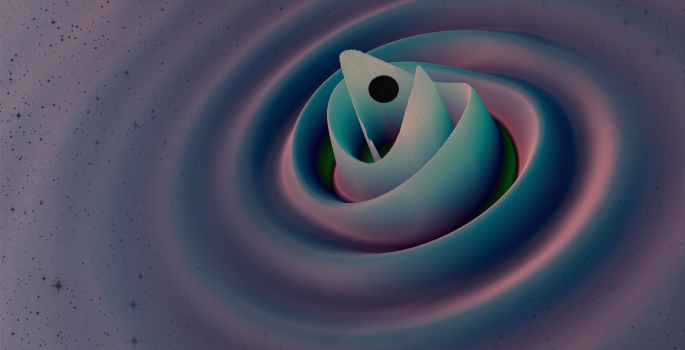
Vanderbilt astrophysicist part of international team that discovered a gargantuan ‘alien’ black hole that challenges previous knowledge of the universe
The intermediate-mass black hole first observed in May 2019 presents an entirely new category of black hole. Read MoreSep 2, 2020
-
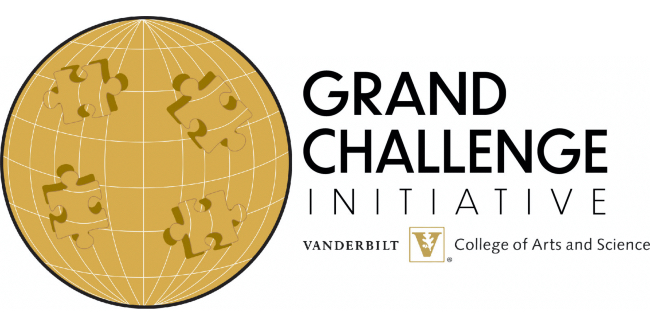
A&S tackling world’s greatest problems with Grand Challenge Initiative
Vanderbilt University’s College of Arts and Science has launched the Grand Challenge Initiative to invest in collaborative research projects with the potential of making a significant impact on some of society’s most pressing questions. Read MoreAug 26, 2020
-

Tackling issues of diversity and inclusion in science, with a fact-based approach
Vanderbilt graduate student Isaiah Speight co-authors international call to action on improvements to diversity and inclusion in the sciences. Read MoreAug 17, 2020
-
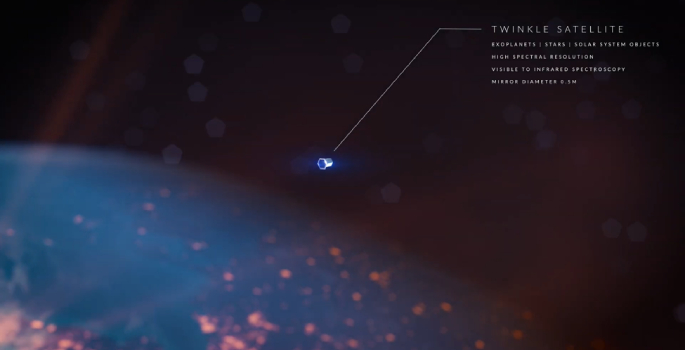
Vanderbilt, The Ohio State University are joint Founding Members of satellite mission ‘Twinkle’ to find potentially habitable worlds around nearby stars
Following the NASA Transiting Exoplanet Survey Satellite mission, Vanderbilt astronomer Keivan Stassun leads the next phase of discovery to find atmospheres like our own. Read MoreJul 23, 2020
-
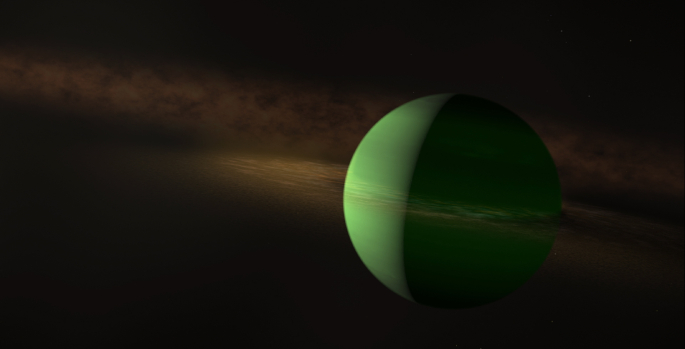
Vanderbilt astronomers among NASA’s TESS Mission team to discover a rare newly formed planet
Stars mapped out by Vanderbilt astronomers for exploration by NASA’s Transiting Exoplanet Survey Satellite mission and recently decommissioned Spitzer Space Telescope have led to the discovery of AU Mic b, a newly formed Neptune-like exoplanet located a relatively short 31.9 light-years away. Read MoreJun 24, 2020
-

Leader in Vanderbilt drug discovery efforts, Craig Lindsley named interim editor-in-chief of ACS Pharmacology & Translational Science
Craig Lindsley, William K. Warren, Jr. Chair in Medicine and university professor of biochemistry, chemistry and pharmacology, has been named interim editor-in-chief of the journal "ACS Pharmacology & Translational Science." Read MoreJun 12, 2020
-
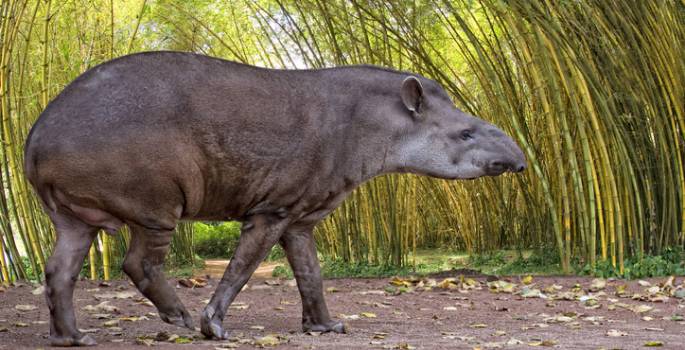
Unexpected mammal provides insight into the lives of ancient hominins
Paleontologist and associate professor of biological sciences Larisa DeSantis finds answers about early hominin diets are with an unrelated group of mammals—tapirs. Read MoreJun 11, 2020
-

Vanderbilt researcher finds COVID-19 pandemic shapes opportunities for radical change to the U.S. health care system
A new article from Jonathan Metzl details how COVID-19 has dramatically revealed the ways that institutionalized inequality and structural racism shape health, and provides recommendations for radical change to the U.S. health care system. Read MoreJun 4, 2020
-
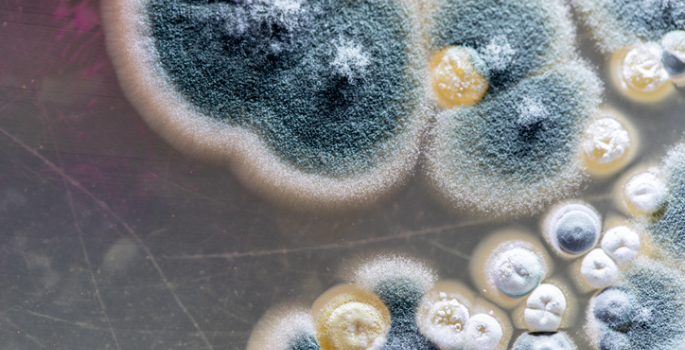
New discovery shows infection of the lungs can be caused by hybrid fungi
A team of scientists at Vanderbilt has discovered the first known instance of a hybrid fungal species causing aspergillosis, an ensemble of different types of lung infections that often impacts immune-compromised people. Read MoreJun 4, 2020
-
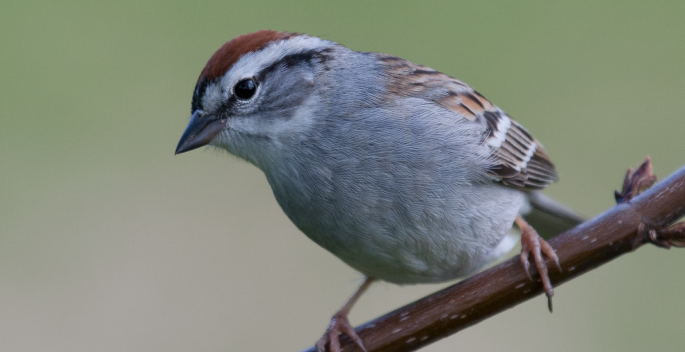
Vanderbilt lab develops app for analyzing crowd-sourced songbird recordings
With a new app from a team at Vanderbilt, birdsong researchers can better leverage crowdsourced fieldwork and audio recordings from amateur birders and citizen songbird scientists. Read MoreApr 20, 2020